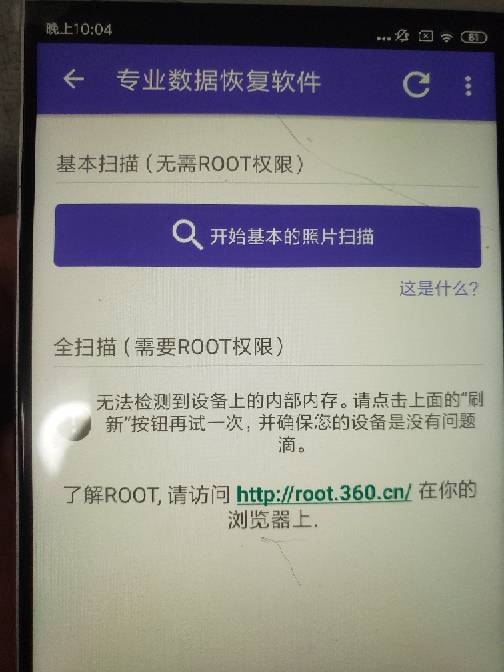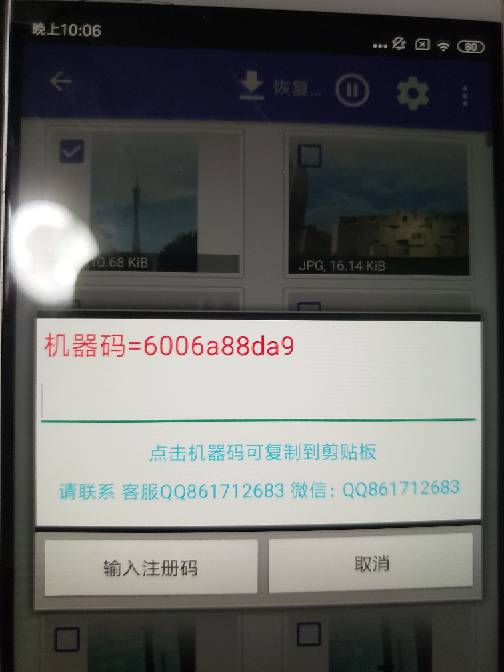Rampant piracy is pretty much a “feature” of publishing software on the internet, and any author of a semi-popular app will be well-acquainted with it. Not a day goes by when I don’t see pirated copies of my app shared via Google Drive, Dropbox, and all kinds of shadier file sharing sites.
But now I’ve discovered an even more disturbing dimension to this seediness. The problem with Android apps (and any Java-based software, really) is that it’s very easy to reverse-engineer, even when the code is obfuscated. Given enough time and manpower, it’s possible to recreate nearly the original source code from the compiled app. It’s analogous to reconstructing a shredded piece of paper – it simply takes some time to find all the strips and glue them together.
So I recently received a communication from a Chinese user who alerted me that this is precisely what’s happening in China. My app is being deconstructed and repackaged under a different name. But worst of all, they have inserted their own payment mechanism into the app, which requires the user to submit a payment before the app can be used! According to my Chinese whistle blower, this counterfeit version of DiskDigger is being used by tech support departments that send the app to the user, make them install it, and then wait for payment before assisting the user further.


I generally turn a blind eye to most of the piracy of my apps, since it’s humanly impossible to continually track down violators, but this new kind of perversion makes me feel truly powerless. Without having any legal representation in China, there is literally nothing I can do to combat these bad actors. Perhaps it’s time to research how to establish a legal presence in China. If you have any experience with this, feel free to contact me. And in the meantime, when looking for DiskDigger, insist on the original!